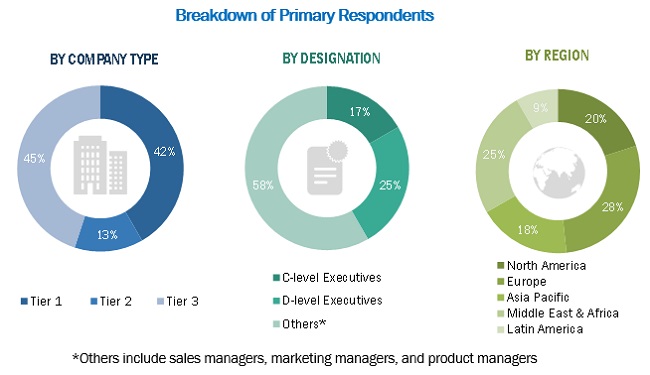Pets are family, and maintaining their vitality is a responsibility. Veterinary laboratories are invaluable resources in guiding treatment plans for companion animals.
Throughout this resource, we’ll discuss the value of lab tests for animals and highlight the most common exams.
What Are Veterinary Labs?
Veterinary laboratories focus on testing for evaluating pet health. They provide critical insights to make accurate diagnoses.

How tests are conducted usually includes:
- Obtaining specimens: Blood, urine, or feces are gathered during visits.
- In-depth testing: Specialized tools and methods conduct the tests.
- Analyzing findings: Insights guide care plans for better care.
Common Veterinary Tests for Dogs and Cats
Labs provide diverse options for health checks to monitor overall health. Routine diagnostics include:
- Complete blood counts (CBC): Assess organ function.
- Urine testing: Check for diabetes.
- laboratório para exames em animais
- Digestive system evaluations: Identify digestive disorders.
- laboratório veterinlaboratório clínico veterinário
- Allergy panels: Improve coat health.
- Radiographic evaluations: Check internal organs.
How Testing Supports Pet Health
Ongoing evaluations improves pet care. By addressing concerns promptly, your pets can recover faster.

The advantages include:
- Better disease management: Chronic issues are managed.
- Cost savings: Ongoing health is monitored affordably.
- Assurance about pet health: Feel secure about their health.
Why Testing Matters for Dogs and Cats
Veterinary labs help pets live long, healthy lives. By using these valuable resources, you give them the care they deserve.
Schedule a diagnostic exam now and give your furry friends the best care possible!
Comments on “Why Testing is Essential for Pet Health and Longevity”